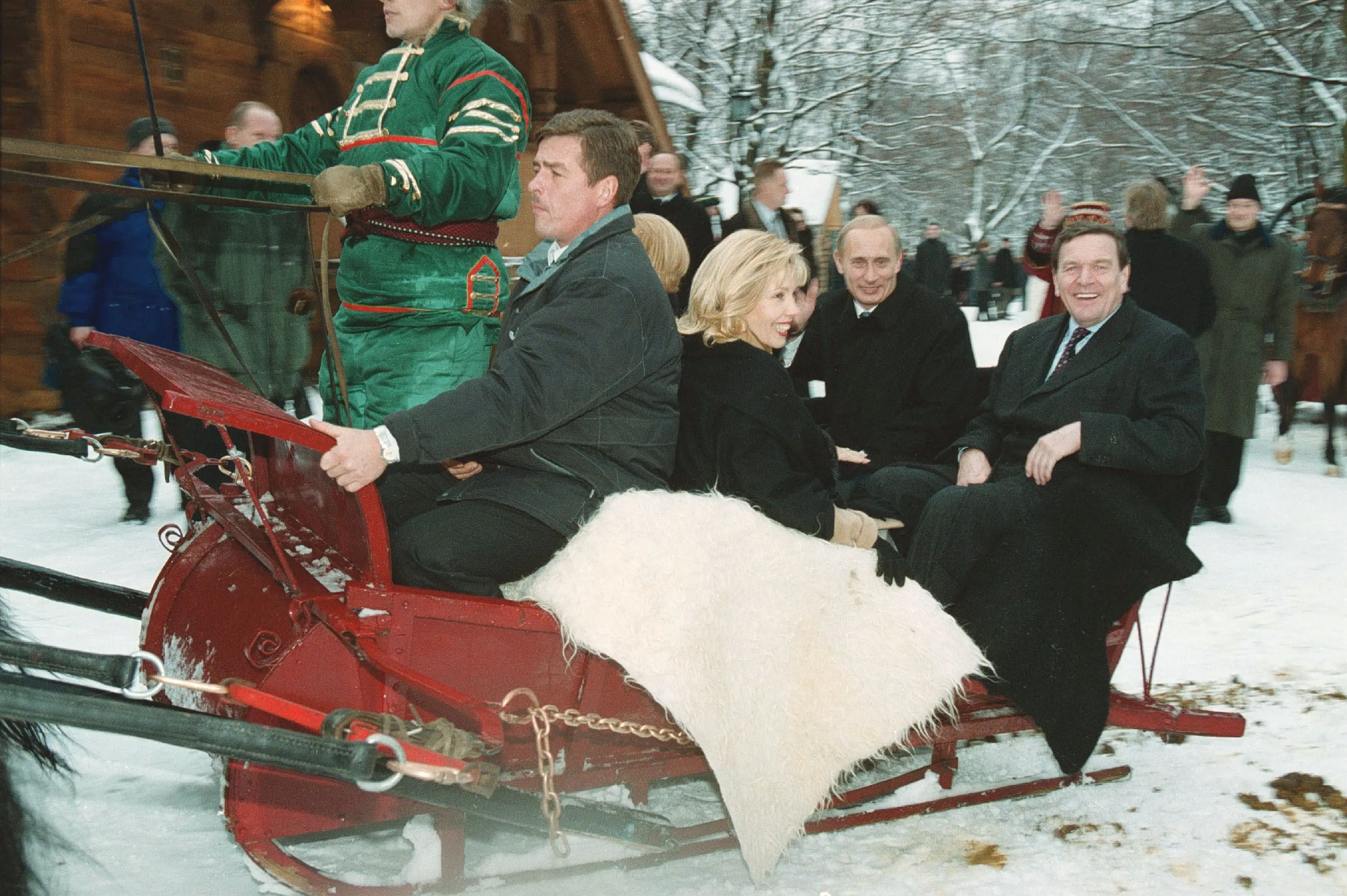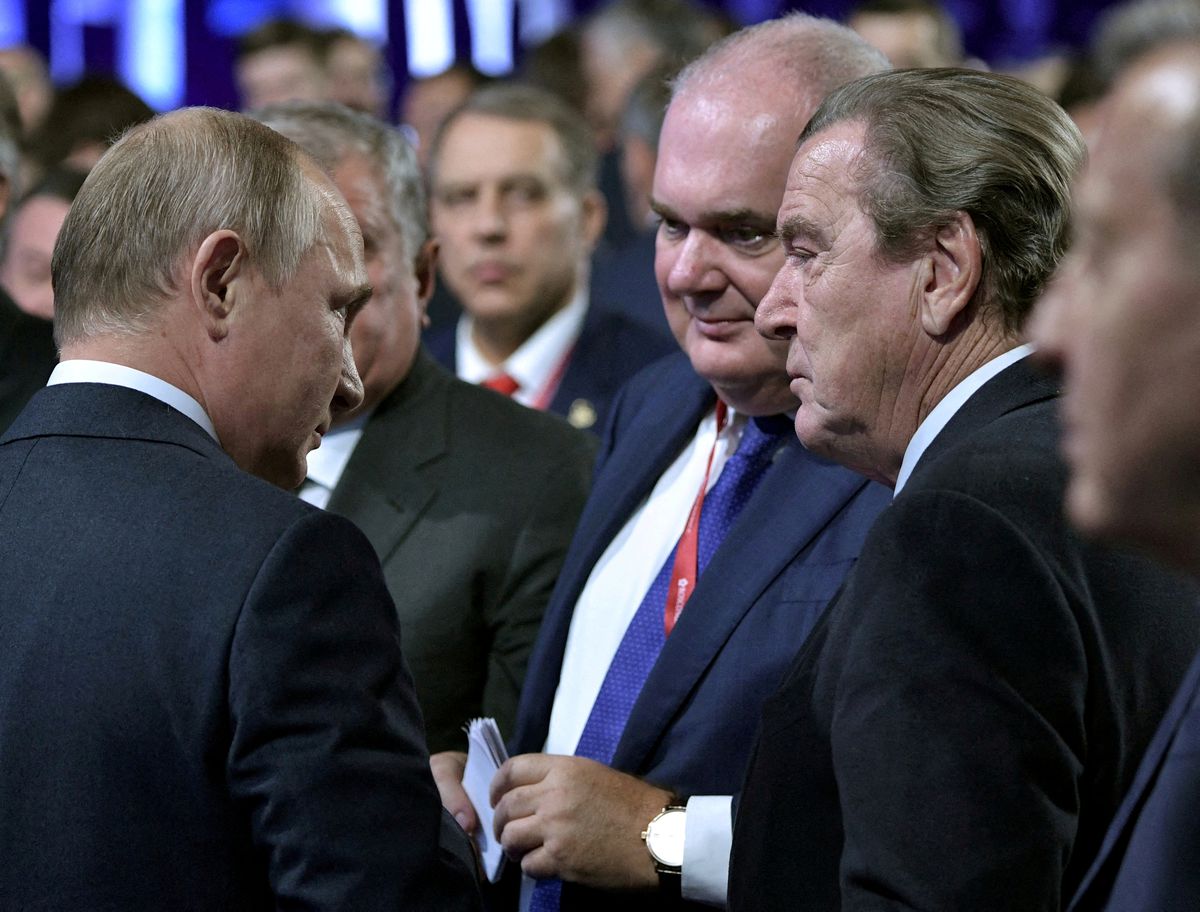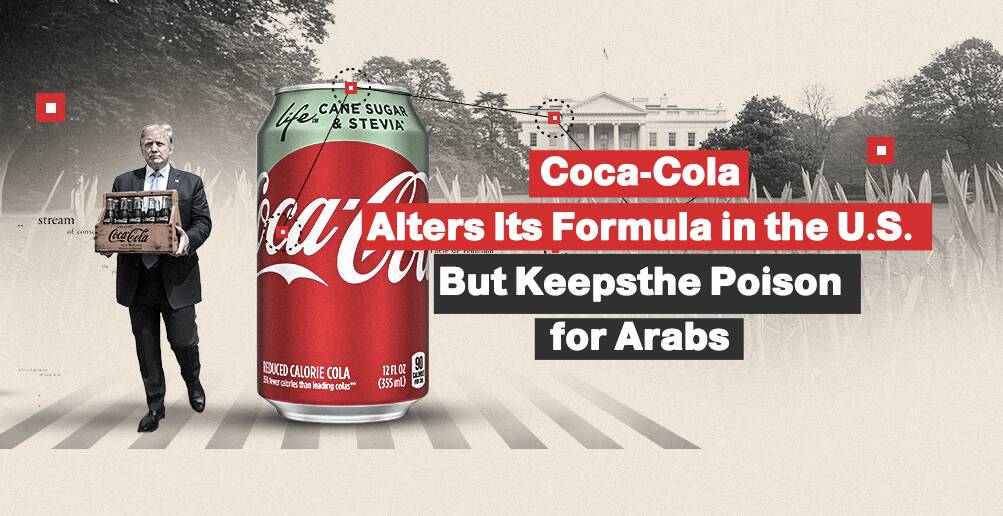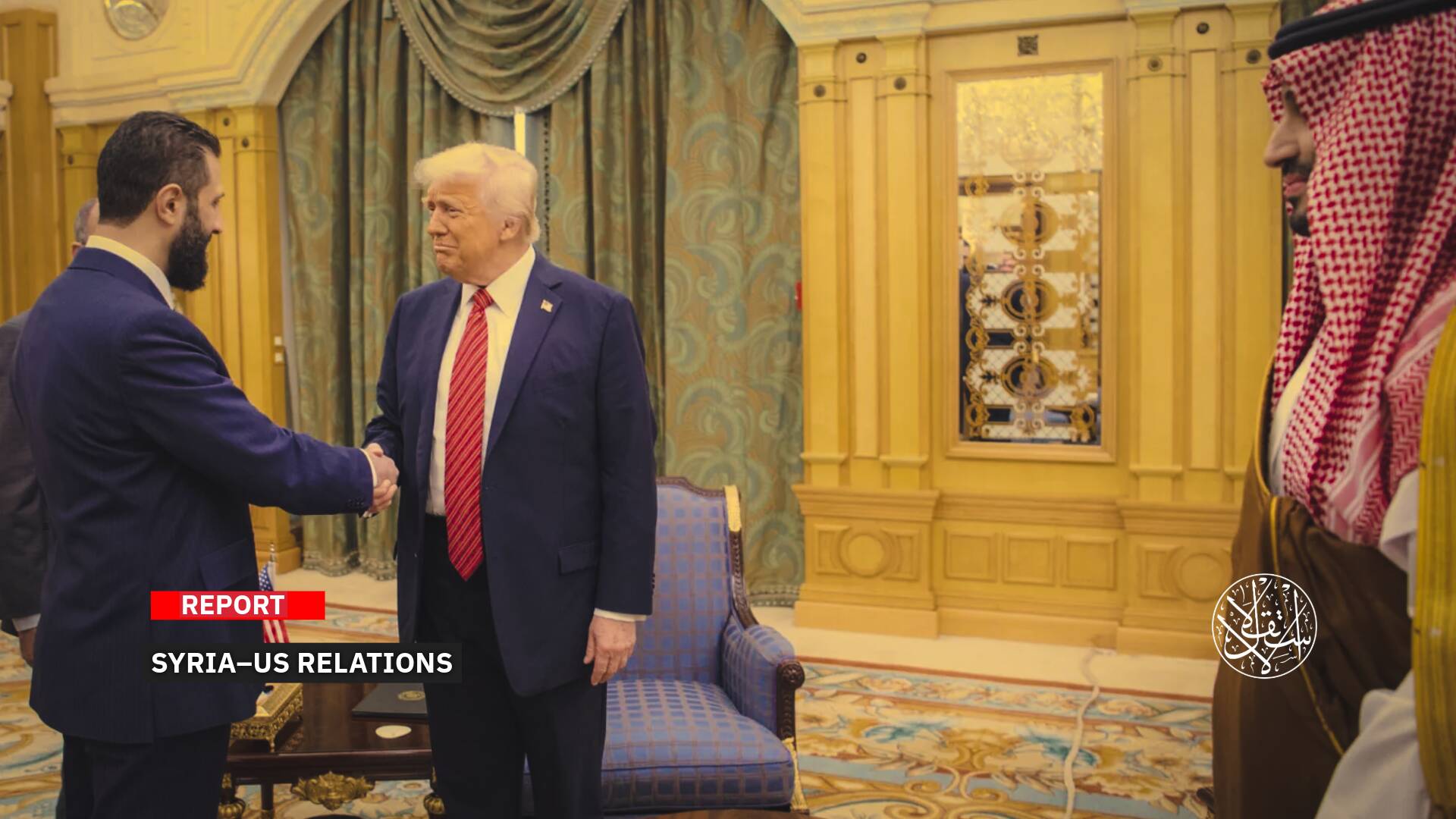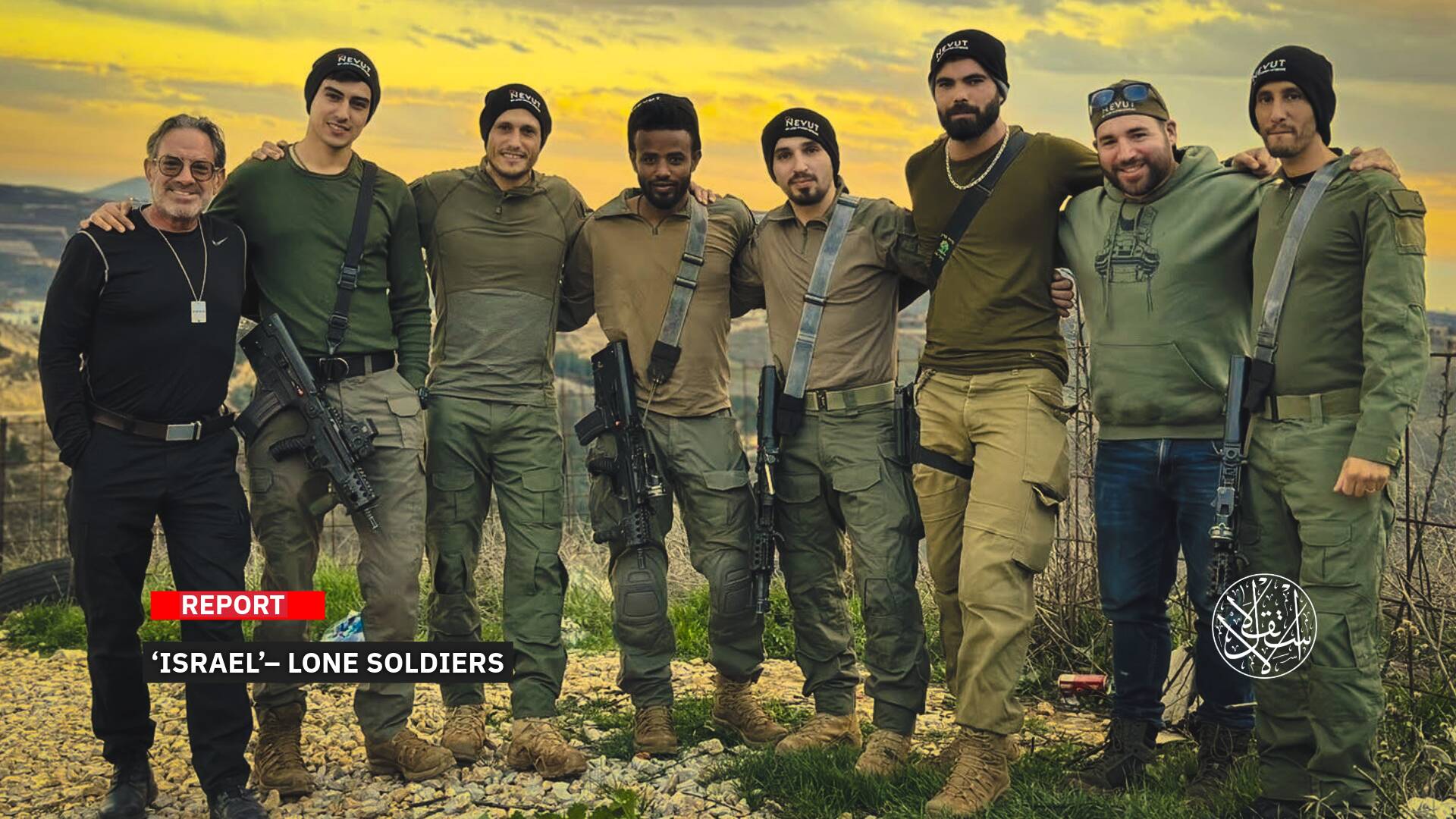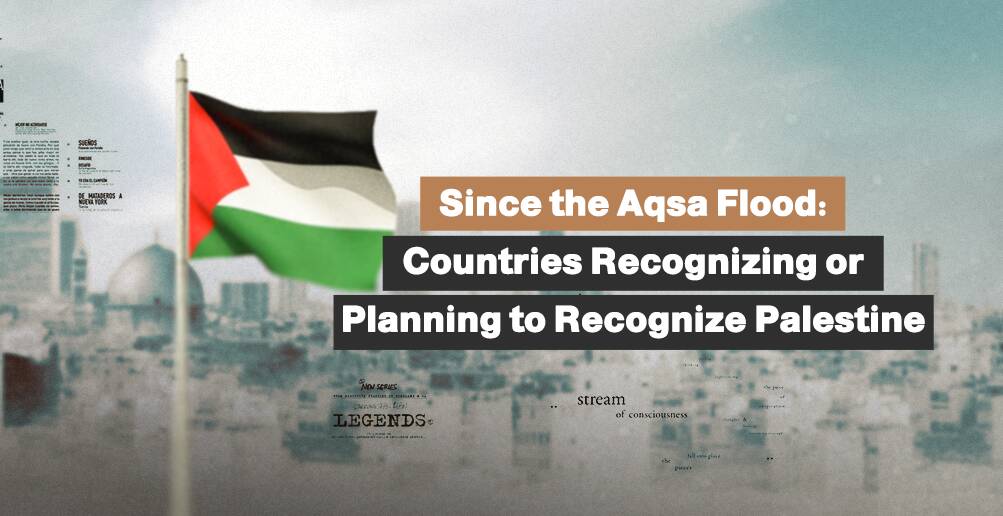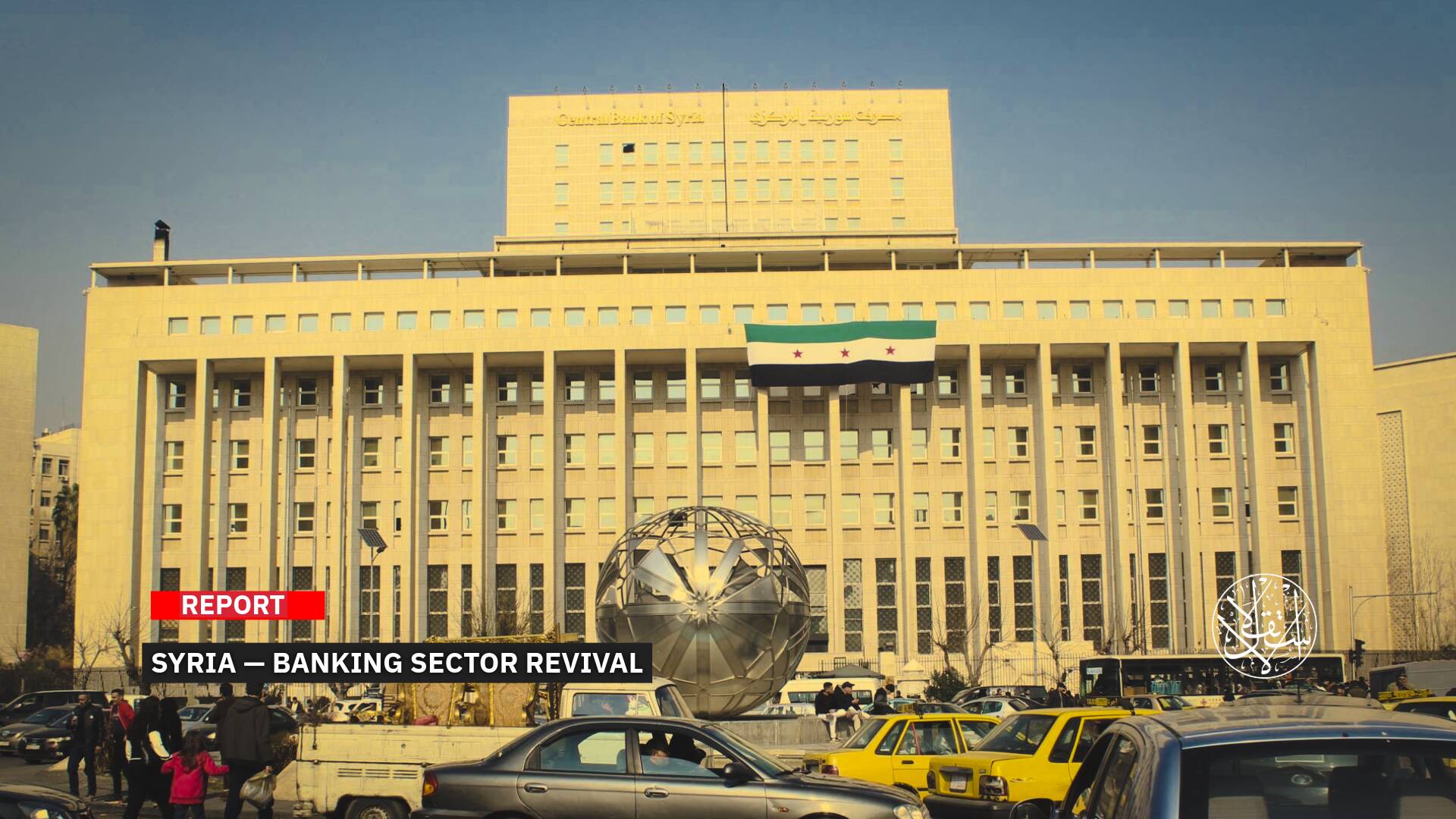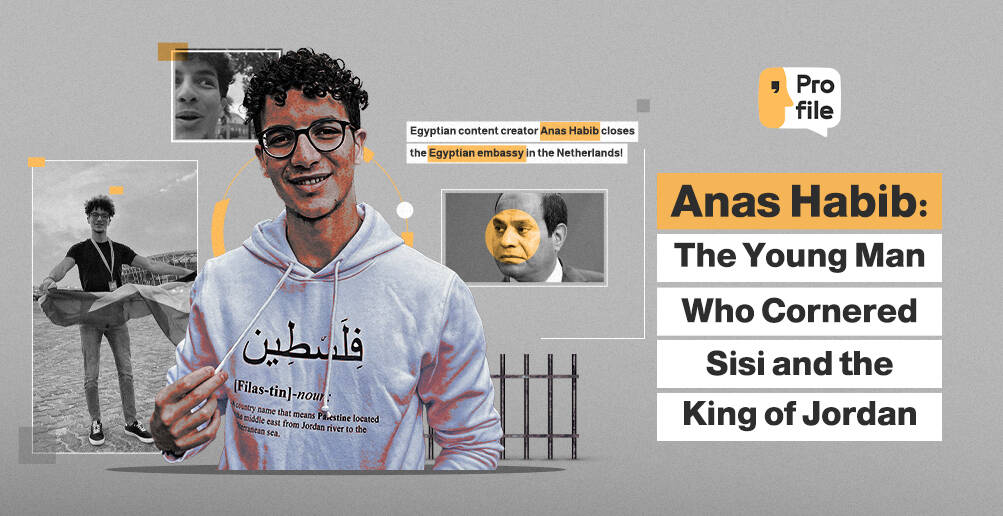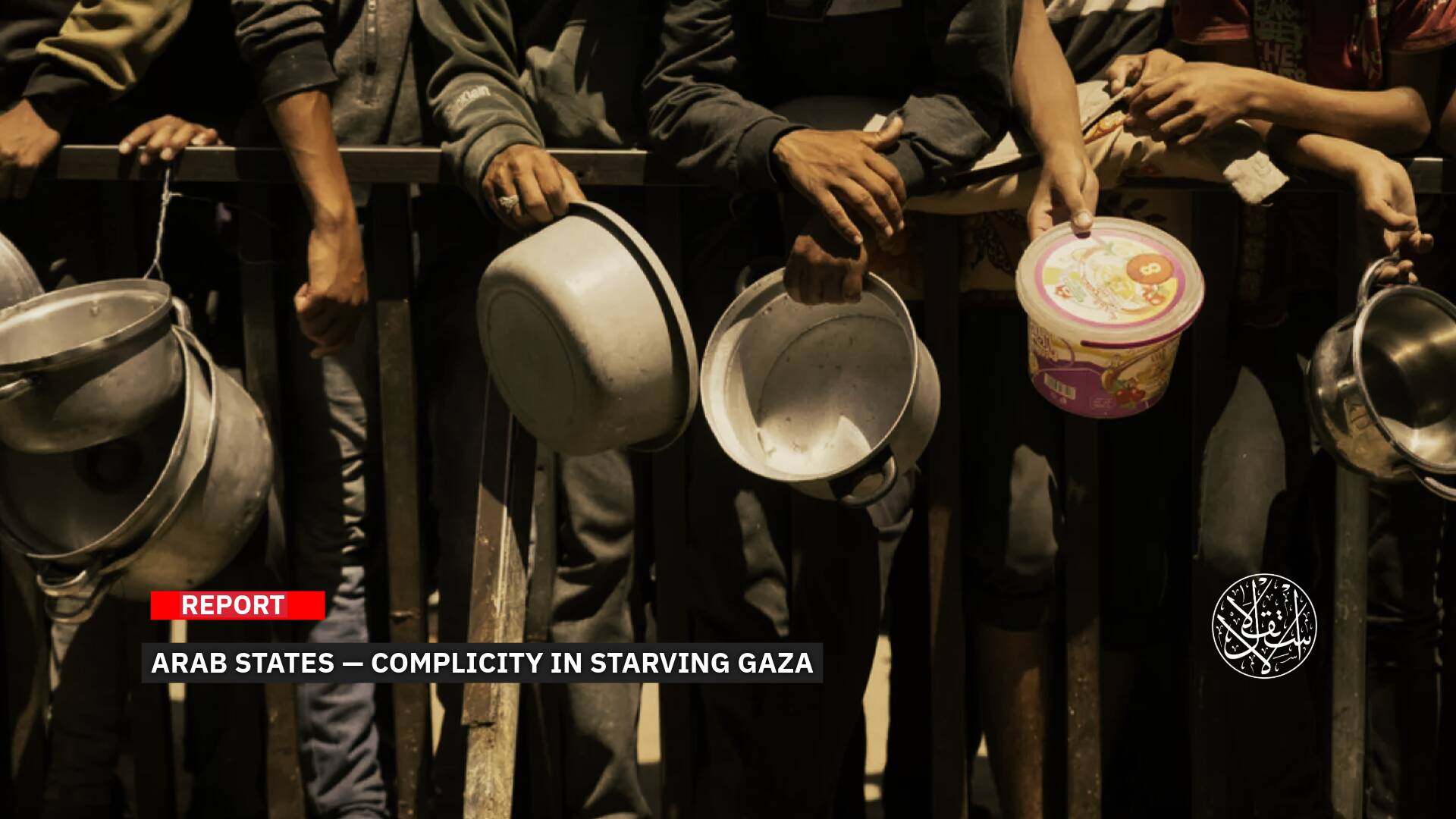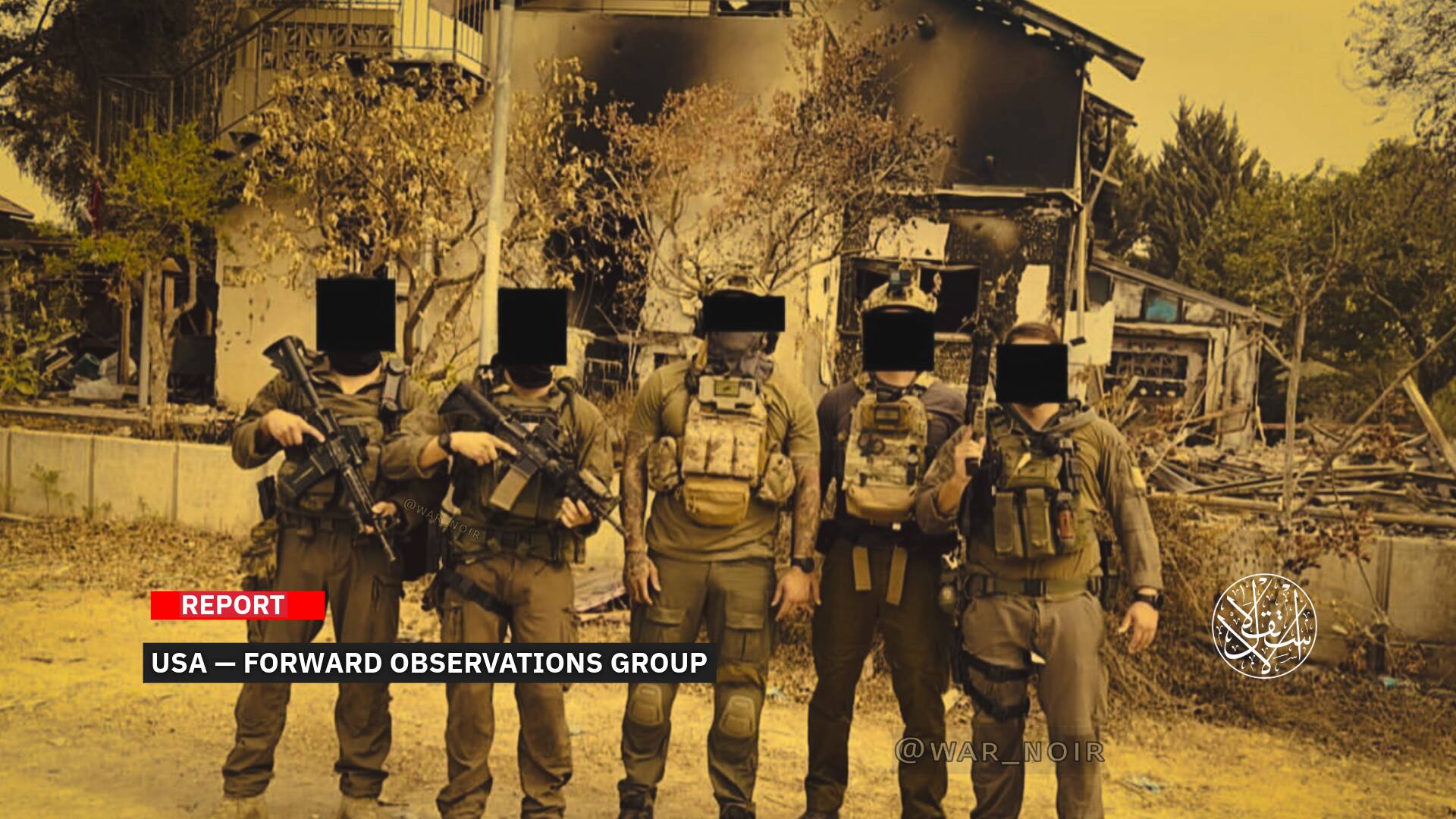Gerhard Schroeder – Will Putin’s German Friend Succeed in His Mediations to End the War?

On March 21, 2022, Albrecht Funk, who has served as Gerard Schroeder's office manager for more than 20 years, decided to quit his job along with three other employees.
Schroeder (Schröder), former chancellor of Germany, announced that he would not step down from his positions in Russian oil companies such as Gazprom and Rosneft, and won’t cut ties with Putin.
Schroeder had been receiving criticisms calling to give up his job after Russia invaded Ukraine since 2014, but Schroeder chose to continue his work, even bringing criticism from Angela Merkel.
Olaf Scholz, the current German chancellor, said in an interview with the German newspaper Der Spiegel that Schroeder was not fit to work in these positions in Russian oil and gas companies, and that he should step down immediately.
With all those accusations, criticisms and threats, he continued to be a link between the Russian and Western leaders in a wave of severing ties in which we hardly see anyone who could play that role other than Schroeder, raising the question: was he right from the beginning in his decision?
Early Life
Schroeder was born in Nazi Germany's Blomberg, Lippe. Fritz Schroeder, a Wehrmacht lance corporal, was killed in action in Romania on 4 October 1944, about six months after Gerhard was born. Erika Vosseler worked as a farm laborer to support herself and her two boys.
Schroeder joined the Social Democratic Party in 1963. He was elected federal leader of the Young Socialists, the SPD's youth organization, in 1978.
Schroeder was elected to the German Bundestag (federal parliament) in 1980. In 1986, he was elected to the Lower Saxony parliament and became the head of the SPD party.
Schroeder became Minister-President of Lower Saxony when the SPD won the state elections in June 1990.
From 1966 to 1971 he studied law at the University of Göttingen. In 1976, he passed his second law examination, and he subsequently worked as a lawyer until 1990
Clear Stance
On his LinkedIn profile, Schroeder published a post explaining his position on the Ukrainian crisis: "The war and the suffering of the Ukrainian people should both end as soon as possible. This is the responsibility of the Russian government. There is much to be said about the mistakes and missed opportunities in the relationship between the West and Russia—by both parties."
Throughout March, criticism of Schroeder by the German press has subsided, and for good reason, Schroeder met with President Putin in Moscow on Thursday March 10, and spoke with him for hours about ending the Russian invasion of Ukraine.
Before that, on March 7, 2022, Schroeder also met in Turkey with an Ukrainian group linked to the delegation for peace talks with Russia, making him until mid-March the only person who was able to mediate between the Russian and Ukrainian parties, Reuters reported.
The German government commented on Schroeder's move that it had not agreed with the Kremlin on any meeting, suggesting that the move was purely unilateral, but German Chancellor Olaf Scholz said he had followed up on the outcome of that meeting and that any efforts to end the war were benign.
Schroeder, right, sits beside Putin on a sleigh ride with family members in Moscow in 2001 © Wojtek Laski/Getty
Schroder’s status with Russian President Vladimir Putin had started two decades ago, during the run-up to the 2005 German elections, in which Schroeder competed with former German Chancellor Angela Merkel.
Schroeder decided that his chances became weak for Merkel, who was expected to win in the end, and took another path leading to Russia, as President Putin called a meeting that resulted in an agreement between the two governments to supply Germany with Russian gas directly through a pipeline passing through the Baltic Sea, later called Nord Stream, a project that pumped billions into Russia's treasury and provided Germany with its natural gas needs.
The project was the result of a friendship that would later grow stronger between the two men and become a working partnership, and would add to its strength the commitment of the new German administration led by Merkel to the German-Russian agreement.
The former chancellor is at the forefront of German politics, believing that Europe's security and peace are mainly dependent on building strong relations with Russia, which also means that it stands up to NATO’s eastward expansion of countries that were part of Soviet influence in the past.
So the former German chancellor has not found it difficult to get close to the Russian leadership, which in turn welcomed him and brought him closer to it, and the fruits of that strong relationship between them are ripening in the current crisis, in his attempt to mediate between the conflicting parties.




